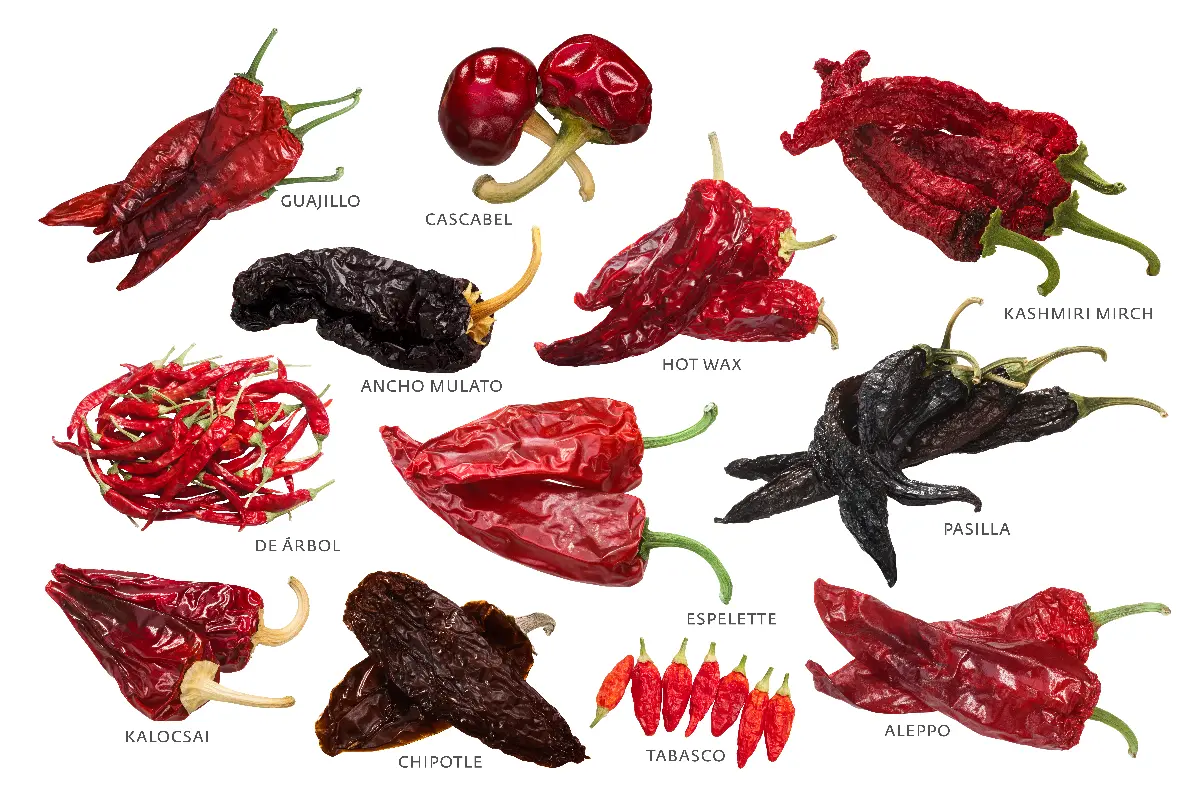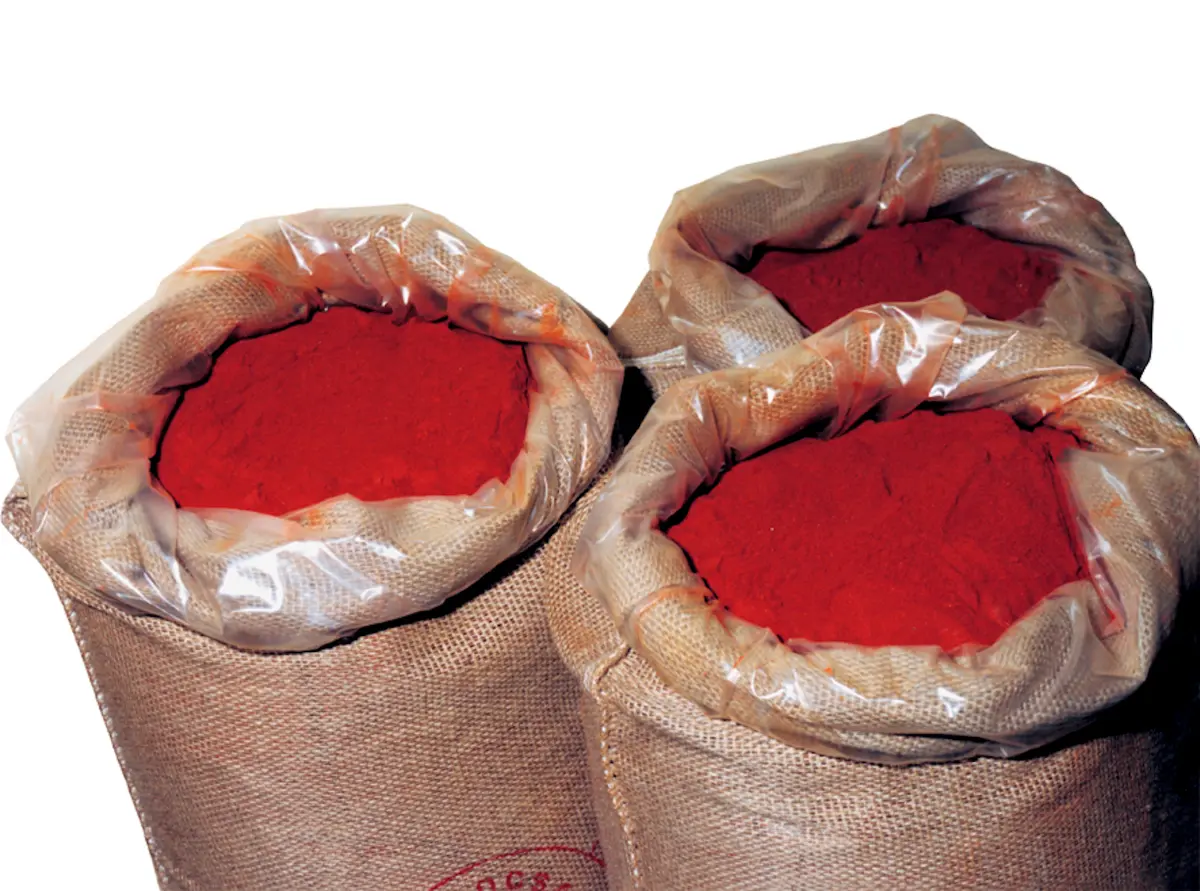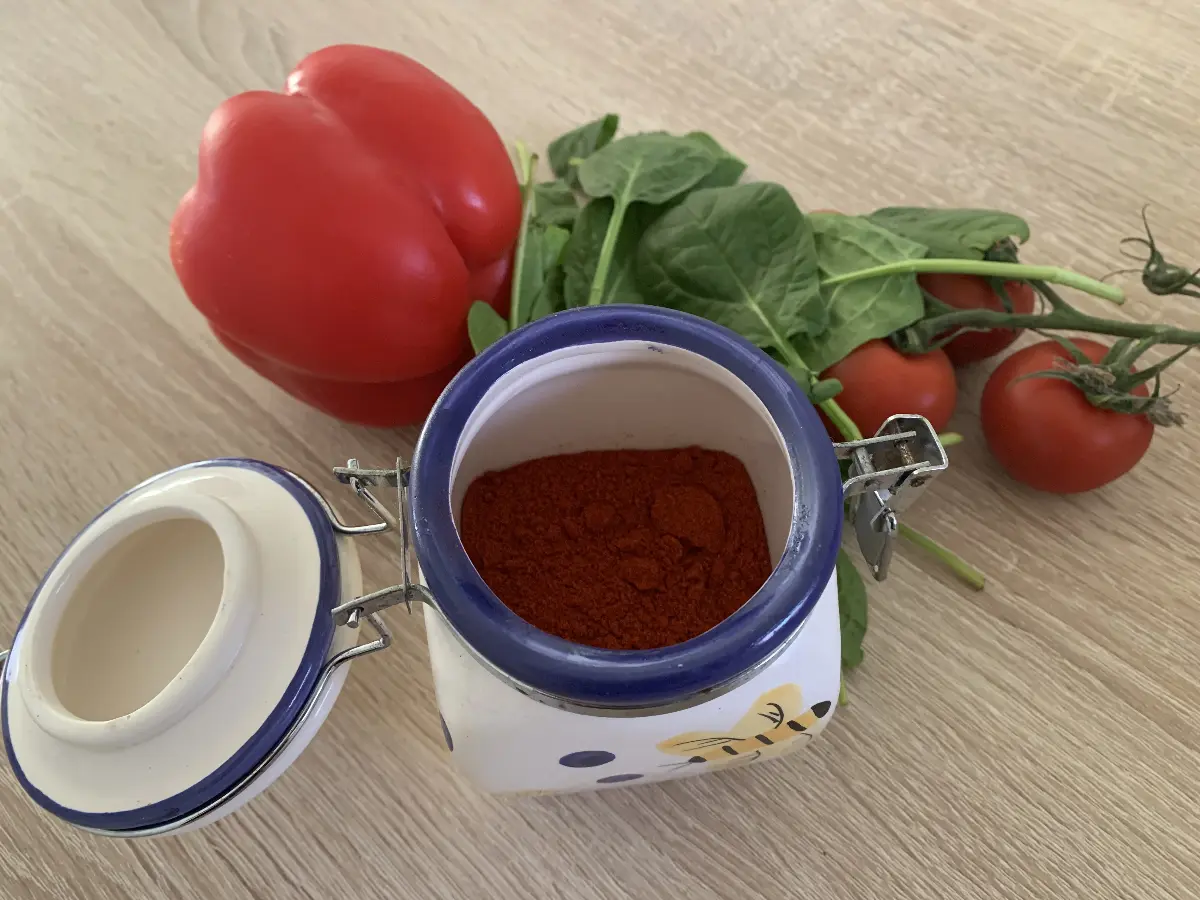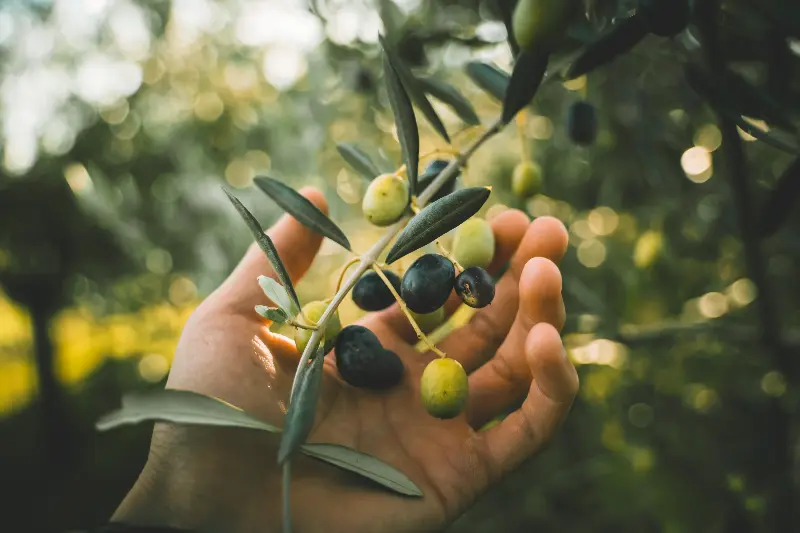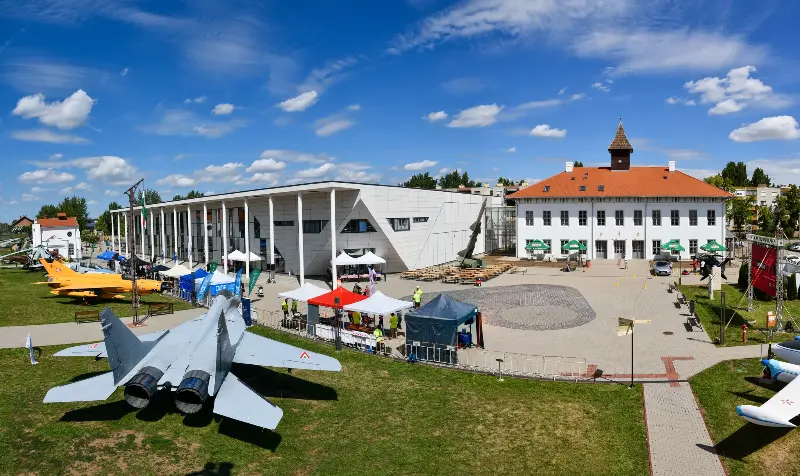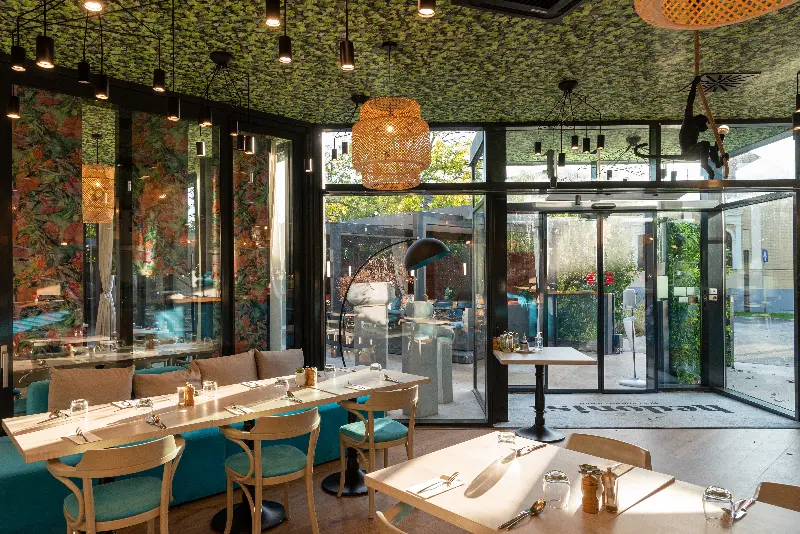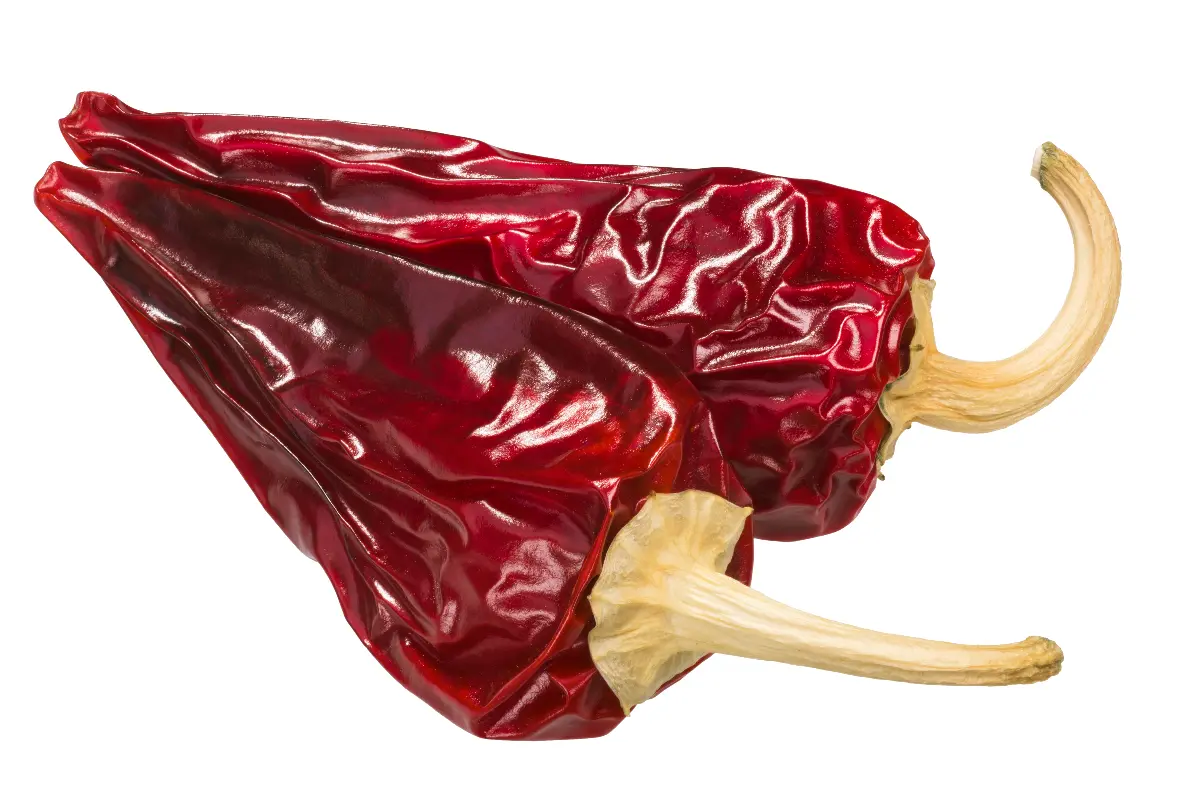
Helyszín címkék:
Hungarian National Treasures: Spice paprika powder from Kalocsa
Bóday Csilla
World-conquering paprika
In the second half of the 19th century, pepper mills were built one after another around Kalocsa, and the propulsion for the two millstones was soon replaced by steam engines. Then, after the turn of the century, diesel and electric motors drove the mill and, even then, watermills operated on the Danube in an environmentally friendly way. Although they have tried to grow high-quality red peppers in other regions, and there are still ambitions for it today, the local conditions of Kalocsa and its surroundings are difficult to surpass. The paprika, with its protected designation of origin, is cultivated in the culture region for spice paprika in Kalocsa. The product is deep silky red, and its flavour is pleasant, spicy, similar to toasted caramel seeds. It has a fruity sweet flavour and aroma.

Paprika House
Kalocsa Spice Paprika Company Ltd. accounts for 2-3% of the world spice paprika production and 4-5% of the world exports. It processes and sells 2,000 tons of spice paprika powder, 350-400 tons of dried peppers and condiment spice blends annually. It produces spice paprika seeds, from which the company provides seeds of high quality to its partners who produce raw material. The Paprika House functions as a museum and was established to protect this cultural heritage. The tradition of peppers is revered, traced from the moment when it crossed the ocean from the American continent and became the greatest Hungarian spice under Turkish influence. In Kalocsa, paprika is a symbol of livelihood and prosperity. In the Paprika House, you can get acquainted with the machines and tools with which paprika fields used to be cultivated.
The St. Stephen’s Paprika Knighthood from Kalocsa
The company has established a knighthood for the purpose of preserving tradition: it protects the excellent national value and creates public tradition to protect the paprika. In the articles of association, it is stated that they want to build the heritage and the future of paprika culture so that the paprika can indefinitely remain part of Hungarian cultural heritage. It is not an easy trial to become a paprika knight. The baptism of fire consists of tasting, recognizing the peppers of Kalocsa from the three types of ground paprika, and classifying them according to whether they are hot or sweet. There are currently 40 domestic, 9 foreign and 6 posthumous paprika knights. The knighthood has their own flag.
Popular Hungarian dishes, which cannot be prepared without paprika from Kalocsa
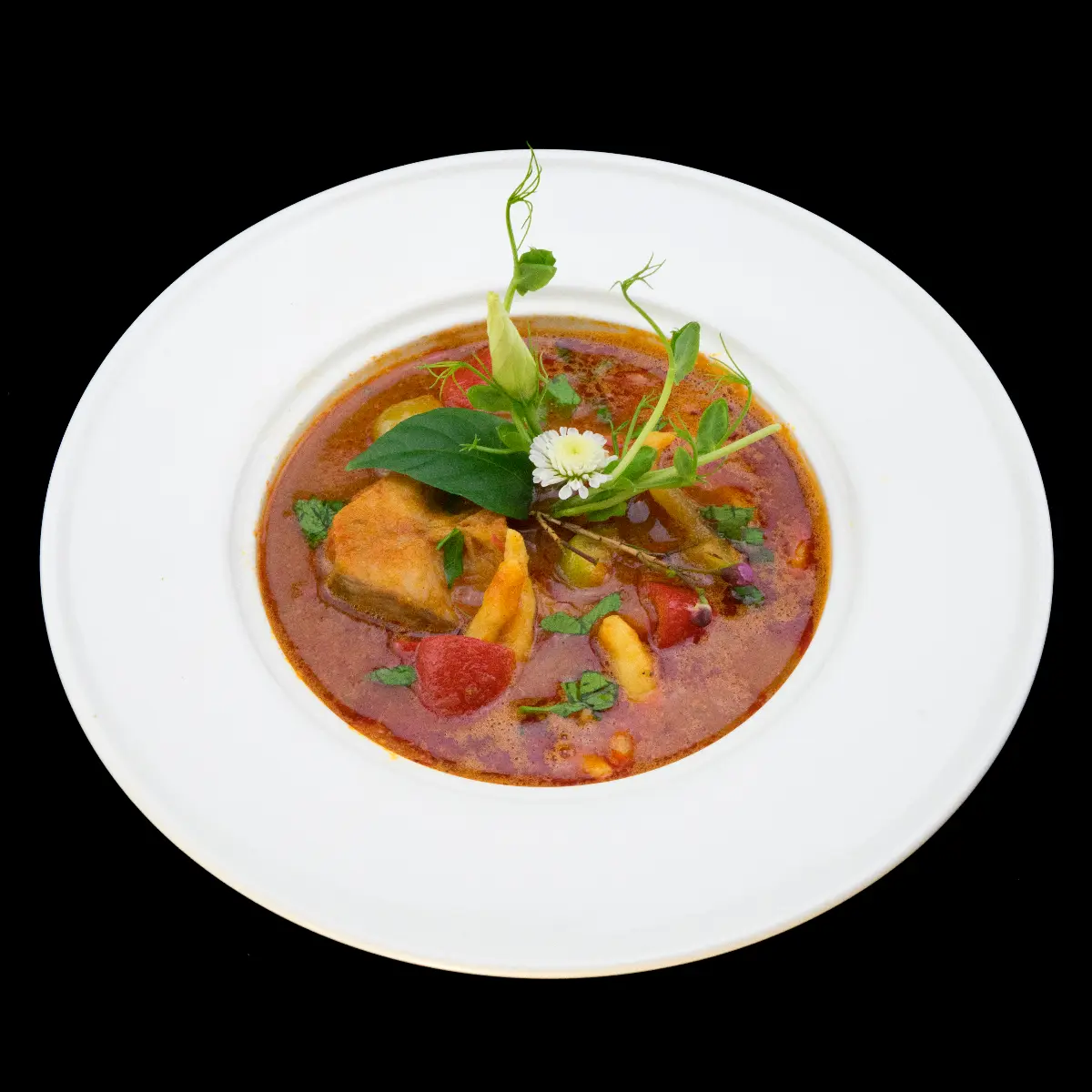
We can say for sure that the basis of traditional Hungarian cuisine is formed by spices, especially red peppers. If we ask any Hungarian housewife, she will most likely say that this ingredient should not be absent from her kitchen. Going further, there are several typical Hungarian dishes, and even hungarikum, which is inconceivable without peppers of good quality from Kalocsa. One of the most popular dishes on every family’s table is stew. It can be made from any kind of meat, red paprika gives the dishes the balance of taste and colours that Hungarians expect. We could continue the line with our world-famous goulash soup and fish soup, or even Jókai bean goulash. Everyone loves light lecsó in summer, which would be colourless and tasteless without it. The same is true for slambuc, which is popular in Hajdúság. Although it is no longer surprising today, the lack of red pepper from Kalocsa would make Hungarian cuisine boring and uncharacteristic.
